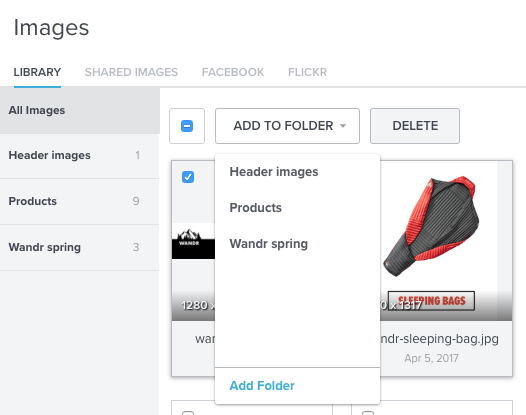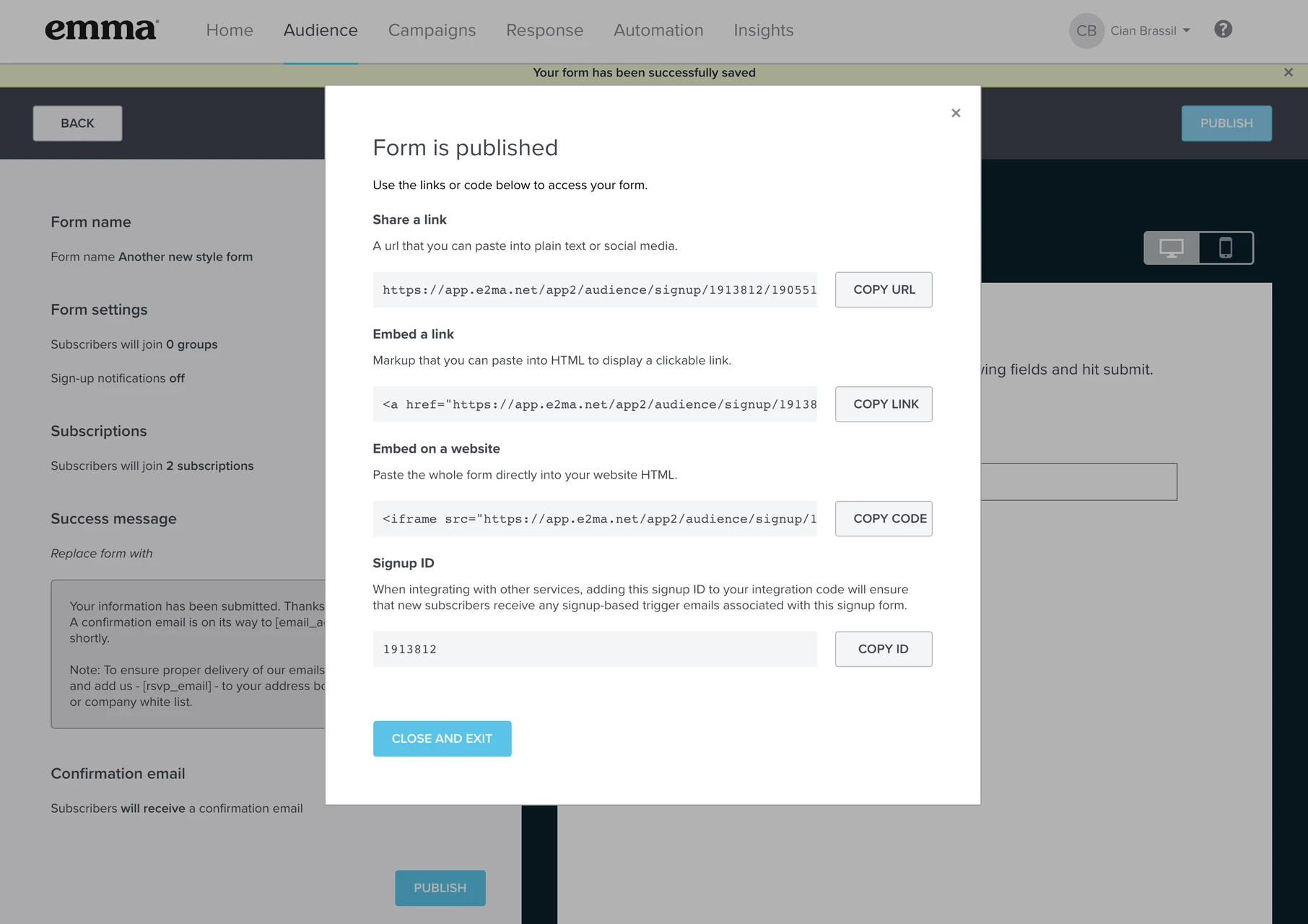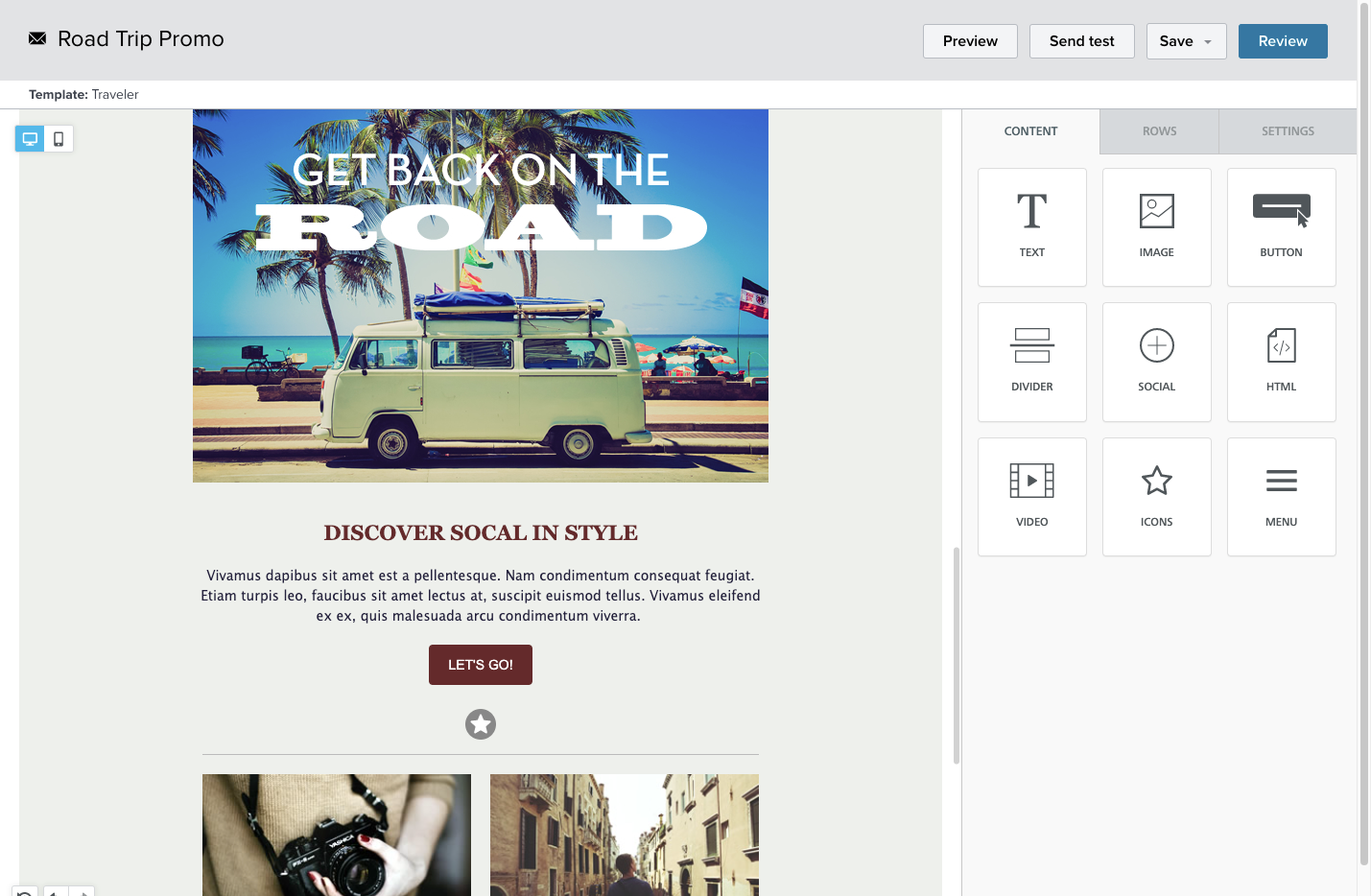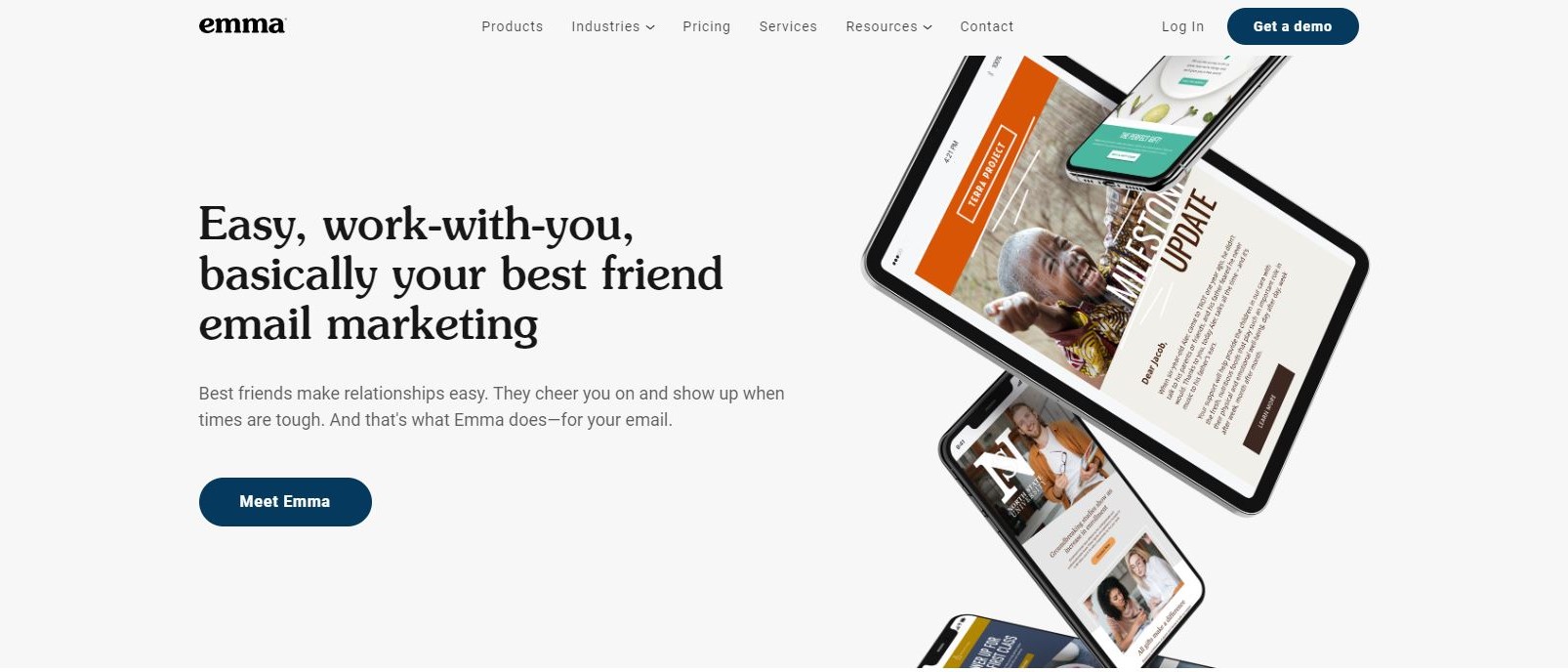TechRadar Verdict
Emma email marketing is designed to create and track emails for marketing campaigns. We are attracted to the upfront pricing, and the simple to use email editor that also can be optimized for the mobile platform, but we wish for some more support options, or that the higher plans supported more contacts without a custom quote and higher price. Overall, this offering is worth a close look.
Pros
- +
Extensive self-support database of content
- +
Transparent pricing
- +
Include email editor
- +
Performance dashboard
Cons
- -
No Support Portal for trouble tickets
- -
No free trial or tier
- -
Annual contracts
- -
Higher plans all limited to 10,000 contacts at listed price
Why you can trust TechRadar
Emma was founded in 2003 by two entrepreneurs, Clint Smith and Will Weaver, who set out to build a platform to help businesses send personalized emails. The company grew gradually and has amassed thousands of paying clients, including Yale University, Texas A&M University, and Liberty Tax.
In 2017, Emma was acquired by Insight Venture Partners, a New York-based investment firm. In 2018, it merged with two other email marketing platforms, Campaign Monitor and Delivra, to form the CM Group. CM serves over 40,000 customers and has offices around the U.S., Australia, U.K. New Zealand, and Uruguay. It has acquired additional email marketing tools like Liveclicker, Vuture, and Cheetah Digital to become a powerhouse in the industry.

Emma: Plans and pricing
Emma has no free tier, which puts it at a disadvantage compared to the competition. You must sign an annual contract to use the platform, which can scare away customers. However, you can request a demo to test the platform before making any final purchase decision.
This platform offers four premium plans; Lite, Essentials, Teams, and Corporate. The Lite plan costs $99 / £99 / AUD$149 per month for 10,000 contacts. It gives access to basic features like a drag-and-drop email editor and built-in integrations.
The Essentials plan costs $159 / £150 / AUD$235 per month for 10,000 contacts. It includes more sophisticated features like landing pages and automation. The Teams plan costs $249 / £230 / AUD$379 per month for 10,000 contacts and includes notable features like trend reporting, customer user permissions, and a tiered account structure.
The Corporate plan has no standard pricing. You’ll have to contact Emma’s sales team directly for a quote. This is the only plan supporting more than 10,000 contacts and is pretty expensive. You can add an unlimited number of users and this plan gets you priority phone support.

Emma: Features
Creating appealing marketing emails can be difficult, so Emma offers a drag-and-drop editor that enables users to do that with ease. You can drag and drop different modules into the email pane and make any needed edits. This platform's emails are optimized for both desktop and mobile displays out of the box, which is an essential feature because many people read emails on their smartphones.
Sign up to the TechRadar Pro newsletter to get all the top news, opinion, features and guidance your business needs to succeed!
You can set up automated emails with Emma. For instance, you can send an automatic welcome email to anyone who signs up for your newsletter. If you run an e-commerce store, you can send automated emails based on the in-store activity of your subscribers.
This platform lets you create email signup forms to get addresses for your email list. You can embed the signup form on your website and any email address added to it will automatically register on your Emma account. You can create the sign-up forms using a drag-and-drop editor just as you’d do for emails.
Emma has integrations with many third-party platforms, e.g., Shopify, Salesforce, OpenTable, and Zapier.

Emma: Support
Support for Emma falls short if you need a direct connection as they have a phone number for sales, but inconveniently there is none listed if you need to speak to someone for product help (However, to be fair, the plans get listed in features as customer support “Email and phone.”). There was also no direct support portal, but we did find a chat box although it starts with automated assistance - making it the lone option if you have a direct question. We find this somewhat ironic as on the Contact Us page it states “We'd love to connect.”
As far as self-help content there is absolutely no shortage. This includes a blog, webinars, guides, product news, videos and even an introductory recorded webinar that has the cute designation Emma 101. The guides are well done with content targeted for a particular industry such as “10 Email Campaigns Universities Should Send this Fall.”
Emma: The competition
Major competitors to Emma include MailChimp and GetResponse. Mailchimp offers a more sophisticated feature set but is more expensive than Emma. GetResponse offers similar email marketing features and has a free tier, unlike Emma.
Emma: Final verdict
While many services can make the promise to move your email marketing up a notch, Emma can actually deliver on the promise. We appreciate the integrated email editor that also can optimize for a mobile browser, the well done dashboard to analyze the performance of a campaign, and the upfront pricing. We also note the shortcomings, such as the lack of a free trial, our difficulty finding the phone number for support and no trouble ticket portal, and the limit on the number of contacts for the included price. Our criticisms aside, for an organization looking to increase its email marketing efforts, this Emma platform is an easy to recommend choice.
We've listed the best online marketing services.
Jonas P. DeMuro is a freelance reviewer covering wireless networking hardware.
